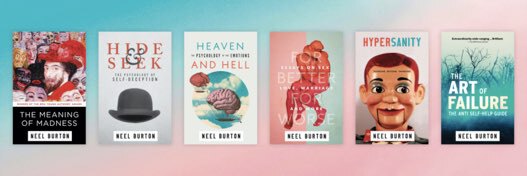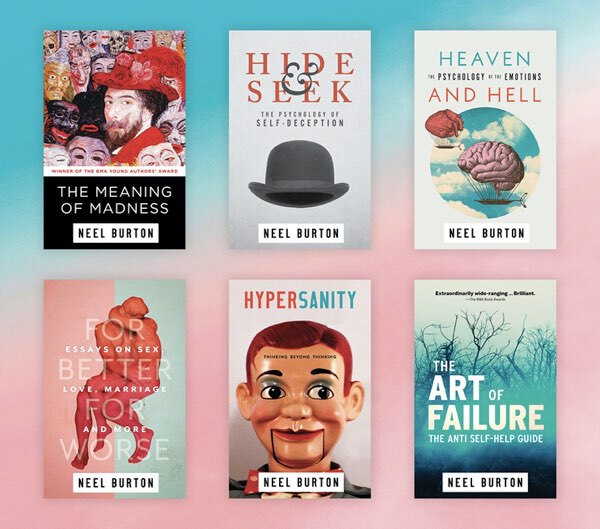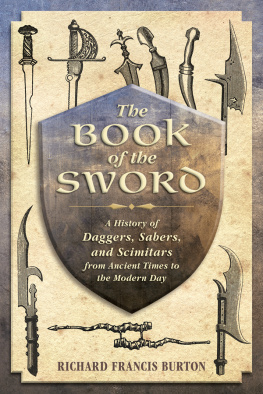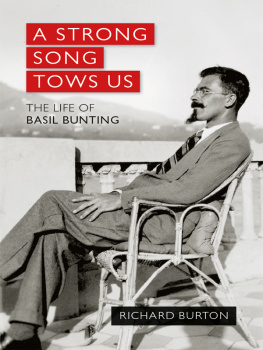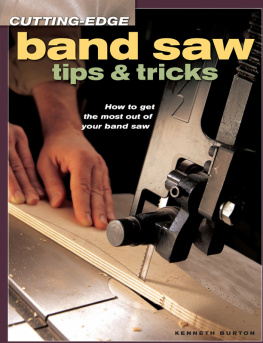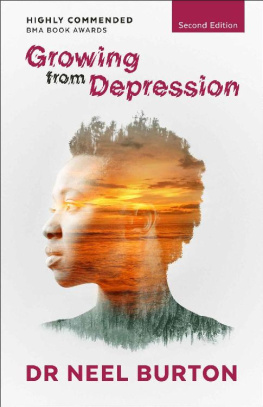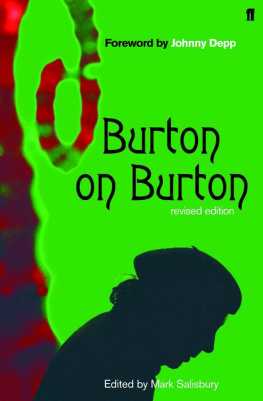The Art of Failure
The Anti Self-Help Guide
Neel Burton
Ataraxia Series, Book 6
Some people would rather die than think. In fact, they do.
Bertrand Russell
Copyright 2021 by Neel Burton
All rights reserved.
No part of this book may be reproduced in any form or by any electronic or mechanical means, including information storage and retrieval systems, without written permission from the author, except for the use of brief quotations in a book review.
Dr Neel Burton is a psychiatrist, philosopher, and wine-lover who lives and teaches in Oxford, England. He is a Fellow of Green-Templeton College in the University of Oxford, and the winner of several book prizes including, the feather in his cap, a Best in the World Gourmand Award. His work features regularly in the likes of Aeon and Psychology Today and has been translated into several languages. When he is not reading or writing, or imbibing, he enjoys cooking, gardening, skiing, learning languages, visiting museums and gardens, and travelling, especially to sunny wine regions.
www.neelburton.com
The happiness of your life depends upon the quality of your thoughts.
Marcus Aurelius
In my work as a psychiatrist, I help to treat mental disorderand, Im delighted to say, most of the people I see do get better.
But why stop here?
I believe that there is much more to mental health than the mere absence of mental disorder.
Mental health is not just about surviving, but about thriving, about developing and expressing our highest, fullest potential as human beings.
Before Christianity, there were, of course, the pagan gods, Zeus and Jupiter and their ilk. But, especially for the high-minded, there were also a number of philosophical schools, the major ones being cynicism, stoicism, skepticism, and epicureanism. Although each with its own outlook and method, all four schools aimed at the attainment of mental tranquillity and mastery, or ataraxia making them, in my view, much more similar than different.
Ataraxia [Greek, lack of disturbance or trouble] is also the guiding principle of this series, with each book, like each philosophy, adopting a distinct but complementary approach to peace of mind: exploring the deep origins of our distress in The Meaning of Madness ; guarding against the demons of self-deception in Hide and Seek ; refining our emotions in Heaven and Hell ; regulating our relations with others in For Better For Worse ; developing our thinking skills in Hypersanity ; and, finally, redefining our concept of success in The Art of Failure .
To recap, the six books in the series are:
The Meaning of Madness
- Hide and Seek: The Psychology of Self-Deception
- Heaven and Hell: The Psychology of the Emotions
- For Better For Worse: Essays on Sex, Love, Marriage, and More
- Hypersanity: Thinking Beyond Thinking
- The Art of Failure: The Anti Self-Help Guide
Although the series is numbered, each book can happily stand on its ownmeaning that you can read just one or all six, and in whichever order you like.
Ataraxia is closely linked with eudaimonia, which is often translated as happiness but which is, in fact, a much deeper, fuller, and richer concept, sometimes articulated in terms of flourishing, or living a life that is worthwhile and fulfilling.
The stakes could not be higher.
Contents
Mania
A horse galloped down the path at speed. It seemed as if the rider was on some urgent and vital mission. 'Where are you heading?' hollered a bystander. 'I don't know!' came the already distant reply, 'Ask the horse!'
A Zen story
O ne Sunday afternoon, a 24-year-old stockbroker made his way to a trendy rooftop restaurant in the City of London and paid in cash for a glass of champagne. With the glass still in his hand, he climbed over the railing and jumped to his death.
As a student at Oxford, he had led a vibrant life. He got involved with the prestigious Oxford Union (the debating society), the Entrepreneurs Society, and the student papers. He doubled up as a radio presenter and interviewed celebrities. Upon coming second in the UK Graduate of the Year Awards, he told a newspaper, I have learnt that the sky is the limit since going to universityand that with successful time management skills, one can achieve so much more.
After Oxford, he found work as a stockbroker in an investment bank, and on the side started his own company arranging club nights. He split his time between his home in London and a recently acquired penthouse on Spains Costa del Sol, and described himself as living the dream. According to one of his many friends, he had appeared completely normal only hours before the tragedy. His suicide came as a shock, and a surprise, to all those who knew him: How could someone with so much to live for have done such a thing?
It emerged that, two days prior, he had been instructed to clear his desk at the bank, where he was being investigated for the inappropriate use of his office computer. The alleged offence was not especially egregious, and he had not been sacked or even suspended. But a friend told the press that he would have been mortified at the thought of being in trouble at work, and would have found such a setback hard to deal with.
Hed always been a high-flyer and nothing had ever got in his way. He was also very concerned with keeping up appearances and how he seemed to other people.
He was a good guy who didnt drink too much, didnt take drugs, but worked damned hard and probably pushed himself too hard.
He never slept and lived on Red Bull.
His story is just one among many, for he was not the first, nor the last, high-flyer to fling himself from that now infamous rooftop.
The Rubin vase (Figure 1) presents us with a choice of two mental interpretations, either two black faces on a white background, or a white vase on a black background. Most of us only see one of the two interpretations, and then discover the other one after some time or prompting. Even then, we can only see one interpretation at a time, never both at the same time. The one that we are most inclined to see is determined by our so-called perceptual set, which is, in turn, determined by factors such as situational context, past experiences, and personal interests.







